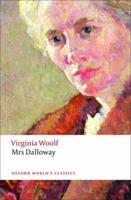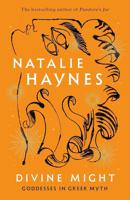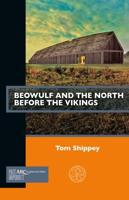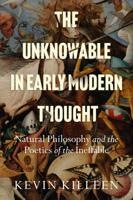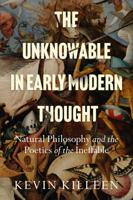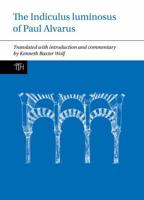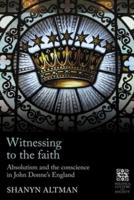Publisher's Synopsis
Poles and Jews draws upon a vast archive of Polish, Yiddish, Hebrew, German, French, and Russian literary works and historical sources to examine Polish and Jewish perceptions of the Polish-Jewish rapprochement of the early 1860s. The idea of a Polish-Jewish brotherhood developed during the wave of patriotic demonstrations that swept through Poland in 1861-1862 and culminated in the Polish national insurrection against Czarist Russia in 1863. With the revolution, Polish separatists appealed for Jewish support and promised full equality as a reward. Despite the Jewish tradition of loyalty to the Czar,many took active part in the anti-Russian underground and partisan war. The 1864 defeat transformed Polish attitudes from enthusiasm to ambivalence. The conflicting interpretations by Poles and Jews of the short-lived "brotherhood" of the 1860s remained at the center of Polish-Jewish relations through the remainder of the nineteenth century. Changing ideologies and political currents saw this tradition adapted to fit conflicting needs. While Jewish reflection on the past accelerated growth of Jewish nationalism, the Poles used their interpretation to score points for and against the integration of Jews into Polish society. The period covered in Poles and Jews sets the stage for the tragedies of 20th-century Central and Eastern European history. By examining and comparing Polish and Jewish literary reflections on the revolt, Opalski and Bartal illuminate an important period for all those interested in Jewish and Polish history and in Polish, Hebrew, and Yiddish literature.

